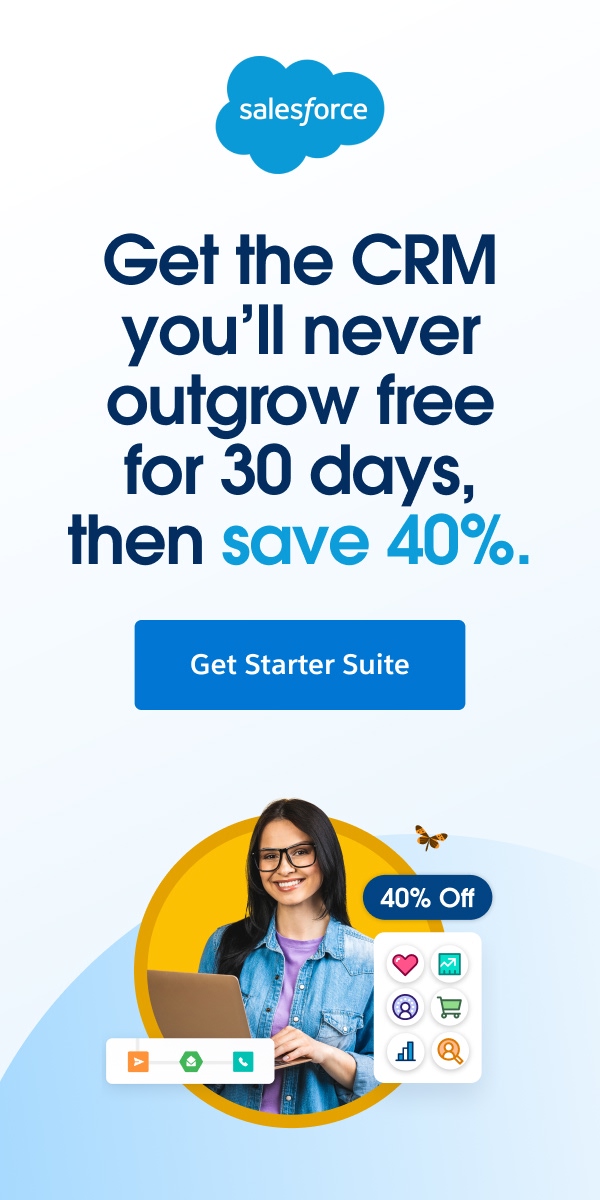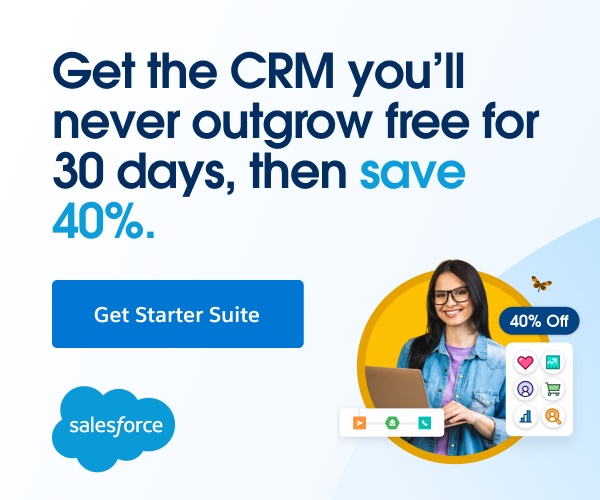True to the name, the concept behind DrDoctor was born in a doctor’s waiting room. I went to see a clinician with my piece of paper in hand - the only existing proof of my appointment. There were too many patients per timeslots, some patients had lost their appointment confirmation details, many were frustrated for not being able to get through on the phone and more than a handful of patients hadn’t made their slot at all. I used to consult for Trusts, so I’d seen firsthand some of the struggles with overstaffing and underfunding - even back then, the healthcare system was in turmoil.
Technology has great power to overcome system-level challenges so I started working with a few talented people - more technically able than me - and the little money we had to brainstorm how burgeoning technologies like AI and video conferencing could revolutionise the future of healthcare.
Tell us about the business – what it is, what it aims to achieve, who you work with, how you reach customers and so on?
DrDoctor is a health-tech platform that specialises in improving productivity, patient engagement and communication. We provide a single, unified platform built in the NHS and for the NHS, to tackle some of the toughest problems facing the healthcare system. We work with the NHS to move towards a hybrid model, unlocking massive productivity and efficiency benefits. The question we always ask ourselves is, how can we make it easier for patients to get the right care in the right place, at the right time? Patients rightly want an accessible and personalised experience that responds to their preferences and needs, without having to resort to private care. Traditional healthcare struggles to proactively manage the varied nature of individual patient requirements, leading to missed interventions and inefficiencies.
Increasingly we are able to improve the back-office functionality of the NHS with AI to modernise traditional patient and operational pathways. We can reduce laborious, high value but low complexity administrative tasks traditionally done by humans to free up staff time to focus on tougher issues like the elective backlog. AI and other emerging technologies can also automate clinical functions that will allow the system to take on new challenges and address the biggest issues facing patient care.
How has the business evolved since its launch?
Since our inception in 2012, we’ve grown our technology and expertise to keep up with the evolution of challenges the healthcare system is facing. We started with a focus on being the best Patient Engagement Platform (PEP) in the sector, helping NHS staff offload administrative burdens by providing patient-led booking services and fully automating two-way scheduling.
The health-tech industry has increased tenfold in scale since then, and we’ve grown with it. We’ve introduced digital Patient Initiated Follow-Up (PIFU) pathways, allowing patients with chronic conditions to continue seeing their doctor as and when needed. The doors have opened for more innovative uses of AI, such as automating diagnostics and validation of the elective care waitlist. Unique workflows allow providers to create complex hybrid pathways, such as eMeet and Greet, from a single interface. We integrate with more systems than any other provider with a dedicated integration team that ensures seamless transitions for the patients and Trusts.
And beyond the product, talent in the industry has flourished. We’ve grown to 150 talented employees who are passionate about supporting the public healthcare system. We’re currently present in more than 70 hospitals across the UK and have been responsible for powering more than 130 million appointments across the NHS. We tailor our services for each customer, and make sure every patient group has the same level of access and control over their care.
Tell us about the working culture at DrDoctor
DrDoctor has two personalities. On one hand, it’s a growing tech company in a complex and expanding industry. There is a startup culture of hard work, but where it’s safe to fail and try new solutions until we reach the best version possible. Everyone at the company loves the NHS and wants to see it do well. Collectively, we prioritise doing the job right versus doing it quickly.
We have brilliant people on the product and design teams who are committed to delivering and growing the product as needed by the evolving market, collaborating with our talented engineers to develop the best product ahead of our competitors and alongside our trusted partners.
Something that really differentiates us is the expertise of our dedicated Transformation Team, who alongside our technology, deliver large-scale digital transformation projects and work with Trust teams to evolve old ways of working and deliver service improvement projects that can scale.
At the same time as we’re supporting healthcare providers, we’re also lucky to attract kind individuals. Everyone is passionate about helping people and supporting the healthcare system that has been the backbone of the UK for the best part of a century. We have strong relationships woven throughout the business, and we nurture these with social activities and team-building exercises. I believe you can’t have a successful company without happy people, and this translates in the success of the company.
How are you funded?
As with lots of tech startups, funding is a complex and ever-present item on the agenda. We’ve been through a series of fundraising - most recently our Series B round in February 2023 when we raised £10M. We also took £10M in revenue in the last year which allows us to continue to develop and extend our suite of solutions for the NHS.
What has been your biggest challenge so far and how have you overcome this?
The COVID-19 pandemic changed everything for the healthcare system. At DrDoctor, we were already doing tangible work to benefit the NHS and the struggles it was facing, predominantly through telemedicine (i.e. video conferencing) and a Quick Book tool that was then used for vaccine rollout. Prior to 2020, we knew we needed to approach the challenge with gentle disruption. The NHS is understandably slow to adapt and change on a macro level, but there is always a lot of innovation bubbling in the background - we've been lucky to work with top Trusts that have helped develop our platform and services into what it is today. That said, no one anticipated the pandemic and the effects it would have on both patients and hard-working clinical staff. There was a sudden spike in demand for hospital appointments resulting in a waiting list we’re still battling today.
In response, we accelerated the delivery of DrDoctor services in line with the surge of patients needing access to the NHS. The pandemic brought to light the need for a hybrid healthcare system - a system not entirely remote nor entirely in-person. Services and appointments should be face-to-face where necessary but digitising the operations and experience where possible. We’ve now achieved 65% coverage across all ICSs and have delivered more than 205.6 million SMS’s to patients in the last 12 months alone.
How does DrDoctor answer an unmet need?
DrDoctor fixes the broken patient journey - not with short-term temporary solutions, but by delivering future-proofed and system-level change. The NHS’ priority is to deliver high quality care for patients, but to do that it needs to become more efficient and productive with its existing resources. This requires both technology and service design expertise to transform the current antiquated system to a hybrid model.
The next generation of healthcare hinges on the adoption of digital tools and the development of Hybrid pathways to enhance day-to-day processes, streamlining care delivery and ensuring a seamless patient experience.
With the right government and private sector backing, the opportunity for DrDoctor to help integrate all components of the patient pathway, and ease patients’ access to the right care at the time is huge. No one else currently connects all the dots from point A to point Z along the patient pathway.
What’s in store for the future?
We recently acquired Maia, a customisable patient engagement portal (PEP) and personal health record (PHR) that specialises in mental and community health. The acquisition integrates mental and community care into DrDoctor’s existing solutions, allowing us to more effectively work with specialist Trusts. It has been increasingly important to us to move into the mental health and community care space as it has been underrepresented and underfunded for a long time and urgently needs modernising. By using a customisable platform, patients and clinicians can access appointments and triaging, clinical documents and care plans in a way that makes them comfortable. This marks only the beginning of our journey in these sectors, and we hope to continue scaling the solution across all services.
What one piece of advice would you give other founders or future founders?
Founders of today and tomorrow must be adaptable. The rate of innovation is unprecedented and being adept and open to AI and other new technologies will give your business a competitive edge. It should make things easier, not harder. As a leader, take a step back and maintain perspective over what your employees care about and need, like fostering collaboration and driving change with not only the general public but stakeholders too.
To be adaptable, keep a core mission at the heart of everything while designing your business to be flexible to the external landscape. Be open to different ways your goals can be executed. For example, DrDoctor has had to adapt to a growing human expectation of immediate access to goods and services. And the NHS is not immune to that. It hasn’t always been easy but it’s so rewarding when it works. By keeping an open mind to new technology and constantly assessing and reassessing our products and our business model, we’ve been able to grow by delivering both quality and efficiency.
I would also advise future leaders to remember the importance of soft skills. Especially with remote working, it’s important to be intentional about mentorship. Time spent on active mentoring and building confidence is more important than ever when we don’t spend as much time in the same physical location. And be kind and compassionate. Listen to your employees when they bring professional or personal challenges to you to understand how as a company - and as a person - you can support them. I’ve worked hard to create an environment where I know the people across my business well, even as we grow, and as a result I hope they feel comfortable bringing anything to me.
And finally, a more personal question! What’s your daily routine and the rules you’re living by at the moment?
I always try to take time for myself. This can look like reading a book on my commute rather than taking calls, exercising a few times a week, or even taking that extra lap around the building before I sit back at my desk. I find it easiest to start small but develop long-term habits that work for me and my schedule. I’ve also found it important to set aside dedicated family holidays without interruption. Taking real breaks is much more impactful than always being on call. I try to live by this rule as I want to lead by example and pass good practices to my colleagues.
I also always try to be surrounded by good people. Some of my colleagues now were friends from before DrDoctor, and they keep my feet on the ground when things get difficult. Most importantly, the only way I have managed to help raise this company and a family in tandem is with the incredible support I get at home. I never forget this, and I make sure to spend as much time as possible with my wife and children during the week. My wife’s work and my children’s school activities are just as - if not more - important than anything I do, and I always prioritise supporting them too.
Tom Whicher is the CEO and cofounder of DrDoctor.











